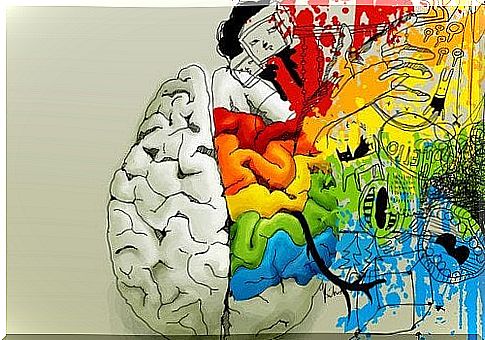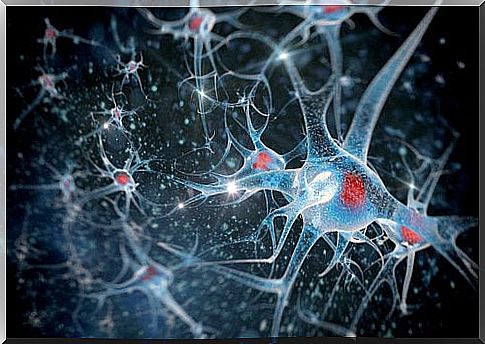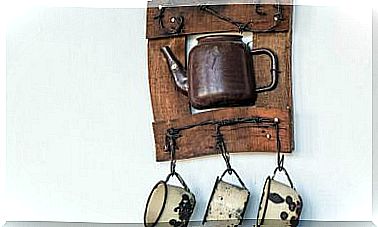Why Are Manual Activities Great For The Brain?

Thanks to manual activities we activate the brain. We can thus avoid cognitive deterioration while promoting relaxation and psychomotor coordination.
Manual activities are a very interesting pastime with which we can exercise the brain and a number of skills which are crucial for our daily activities.
They have been proven to be a great therapy for combating stress and depression. They increase the presence of well-being hormones and promote relaxation.
Practicing them regularly improves the development of fine motor skills and creativity. The same goes for self-confidence and self-esteem.
In addition, it is a way out of the daily routine. To keep us away from the problems that cause us anguish, anxiety and other harmful emotions.
Whether it’s knitting, painting, drawing or any other manual artistic activity, dedicating a few minutes a day to it is considered “brain maintenance”.
And, although many ignore it, the brain is the one that benefits the most from the techniques required to practice them.
We will therefore focus below on their main benefits and the reasons that will push you to get started.
What are the benefits of manual activities for the brain?
Doing manual activities is a relaxing therapy that helps improve mental health, well-being, and brain activity.
Those who practice them regularly think more easily. They also increase their creative capacity and imagination.
Betsan Corkhill conducted a survey of 3,545 knitters. As a result, manual activities and mental games have beneficial properties for brain development and emotional health.
This type of task raises the state of mind, improves social communication and helps build confidence.
This is because they lead to relaxation and challenge the brain to get to work to resolve the activity in the best way.
During their practice, our five senses are stimulated and motor skills are strengthened, especially those of the hands.
According to the information from the survey, about 50% of those consulted said that knitting increased their feeling of happiness and relaxation.
In addition, the majority agreed that it helped them reduce stress. That snickering increased their creative capacity.
The study determined that there is a significant relationship between the number of times we practice the activity and the state of mind of each individual.
Knitters who do their activity three or more times a week feel calmer, happier and less anxious than those who practice it less.
This type of activity involves focusing attention on the proposed challenge. In addition, internal thoughts are concentrated on a single task.
It also helps to be more patient when developing a project and wanting to achieve a goal. The character becomes more persistent. It also increases the safety to overcome obstacles.
Manual activities as brain training
In another study, published in Neurology magazine , it was concluded that artistic activities can decrease the risk of mild cognitive deterioration.
Scientists wanted to know if it was possible to prevent this condition as the aging process progresses, and the results were surprising.
Individuals who painted, sculpted, photographed, and drew in their middle or senior years were 73% less likely to develop mild cognitive impairment compared to those who did not.
Those who engaged in manual activities also reduced the risk of dementia by up to 45% compared to those who did not engage in these activities.
In summary, manual activities are beneficial for the brain because they:
- Represent a mental challenge and lead to problem solving.
- Improve social connections.
- Increase fullness.
- Promote the development of hand-eye coordination, spatial perception and fine motor skills.
- Used to learn and teach.
- Concentrate attention and thoughts in one task.
- Develop imagination and creativity.
- Make it easier to learn relaxation, meditation and rhythm techniques.
- Used in the treatment of depression and stress.
We can therefore conclude that with simple manual activities, we can activate our brain and give it more protection.
While brain health depends on many other factors, practicing these tasks regularly can be of great benefit in the long run.
The best part is that it is now very easy to learn how to make them and the materials needed to make them are economical and recyclable.









